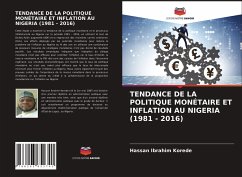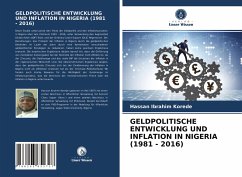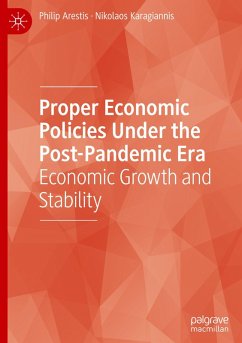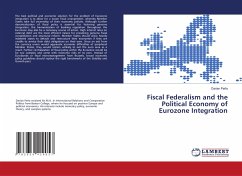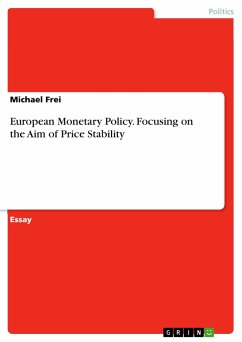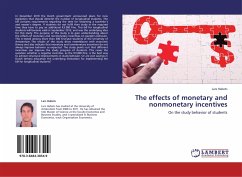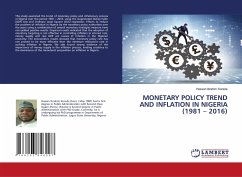
MONETARY POLICY TREND AND INFLATION IN NIGERIA (1981 - 2016)
Versandkostenfrei!
Versandfertig in 6-10 Tagen
27,99 €
inkl. MwSt.

PAYBACK Punkte
14 °P sammeln!
This study examined the trend of monetary policy and inflationary process in Nigeria over the period 1981 - 2016, using the Augmented Dickey Fuller (ADF) test and Ordinary Least Square (OLS) regression. Efforts to reduce the problem of inflation in Nigeria by the monetary policy authorities over the years using a combination of several monetary strategies measure have not yielded positive results. Empirical results indicated that the adoption of monetary targeting is not effective in controlling inflation as interest rate, money supply and real GDP are causes of inflation in the Nigerian econo...
This study examined the trend of monetary policy and inflationary process in Nigeria over the period 1981 - 2016, using the Augmented Dickey Fuller (ADF) test and Ordinary Least Square (OLS) regression. Efforts to reduce the problem of inflation in Nigeria by the monetary policy authorities over the years using a combination of several monetary strategies measure have not yielded positive results. Empirical results indicated that the adoption of monetary targeting is not effective in controlling inflation as interest rate, money supply and real GDP are causes of inflation in the Nigerian economy. The econometric results showed that monetary policy rate has not proved to be more effective than the minimum rediscount rate in curbing inflation in Nigeria. We also found strong evidence of the importance of money supply in the inflation process, lending credence to the dominance of the monetarist proposition on inflation in Nigeria.



